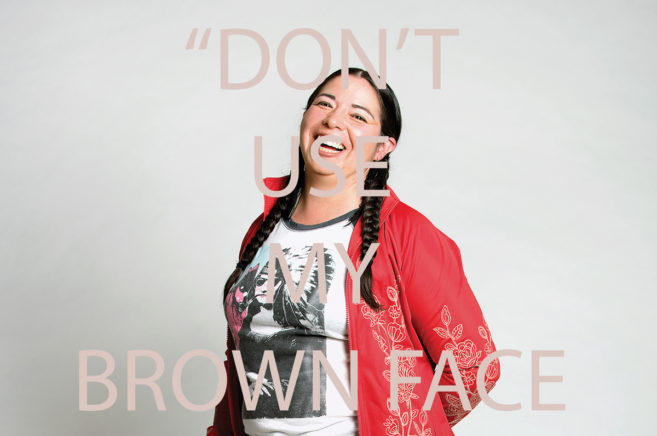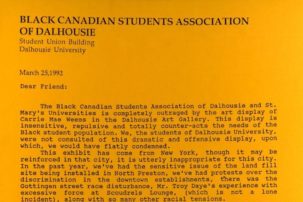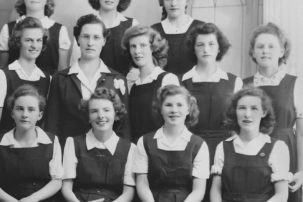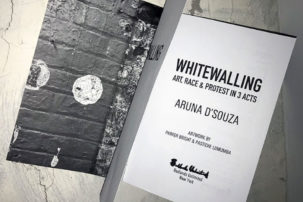While the grand expressionistic gestures of the Automatistes tend to take the spotlight position in any history of mid-20th century painting in Quebec and Canada, a lesser-known, reactionary group of their Montreal-based contemporaries was equally poised at the vanguard of abstract painting.
| <img src="/online/see-it/2008/09/03/jean_paul_jerome2_448.jpg" alt="Jean-Paul Jérôme La ronde marine 1987″ style=”border: none; clear: none;” /> | |
|
Jean-Paul Jérôme La ronde marine 1987 |
Known as the Plasticiens, artists Fernand Toupin, Louis Belzile, Jauran (Rodolphe de Repentigny) and Jean-Paul Jérôme proposed a unified form of image making that found a pathway to transcendental meaning in the complex play of geometric shapes—or what they called the “plastic elements” of colour, texture, form and line. As they summed it up in a published statement from 1955, Manifeste des Plasticiens: “Elements [are] assumed as an end in themselves.”
But times were changing fast in Quebec and true to the era’s revolutionary climate of social and cultural upheaval, most of the Plasticiens soon moved on to new experiments in avant-garde expression: Jauran to photography, Belzile to figurative painting and Toupin to landscape imagery. Of the group, only Jérôme held fast to a belief in the elemental dynamism of colliding geometric forms, a visual language he continued to explore until his death in 2004. A prolific painter, though highly reclusive, Jérôme’s legacy has yet to be fully considered, which makes a rare retrospective exhibition of his work currently on view at Montreal’s Galerie d’Este mandatory viewing. (1329 ave Greene, Montreal QC)
| <img src="/online/see-it/2008/09/03/jean_paul_jerome3_448.jpg" alt="Jean-Paul Jérôme Silhouettes 1971″ style=”border: none; clear: none;” /> | |
|
Jean-Paul Jérôme Silhouettes 1971 |










